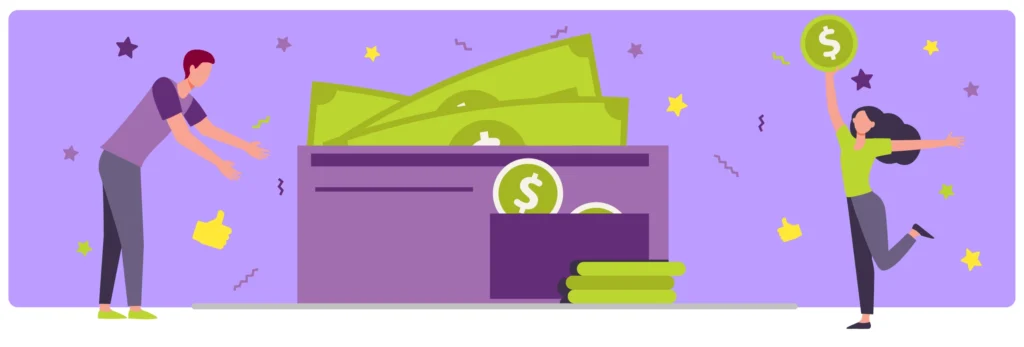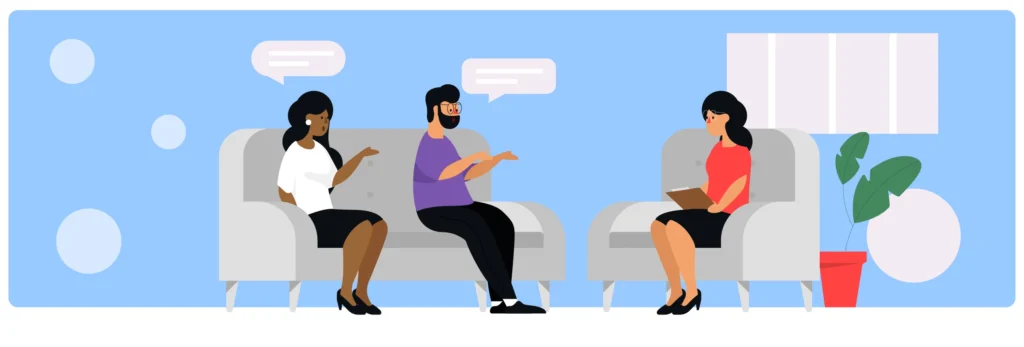A brief summary of the Hardship Program:
- The Berkshire Hardship Program purchases structured settlement payments from people facing financial hardship for a low fee.
- Call the Hardship Program to apply.
- Berkshire Hathaway may proactively intervene in structured settlement transactions it deems unfair by submitting an offer to the court and requesting that it be approved over the contracted agreement. The judge decides whether Berkshire’s offer will prevail.
The Berkshire Hathaway Hardship Program allows people who receive structured settlement payments from a Berkshire Hathaway Group company to obtain cash upfront when they face financial difficulty. If a hardship application is approved, Berkshire will purchase a portion of future payment rights at a low fee in exchange for a lump sum of cash.
Get a FREE Quote For Your Payment Rights
How to Apply to Berkshire’s Hardship Program

You can start the process of receiving help from the Berkshire Structured Settlement Hardship Program by calling them at (402) 916-3799.
You are welcome to contact AnnuityFreedom for a free quote for your payment rights by completing the form that appears on this page or calling us at (877) 547-3672.
Does Hardship Require Selling Structured Settlement Payments?

Yes, receiving money from the Hardship Program requires that you sell rights to some of your future structured payments. No in the sense that Berkshire’s business is not set up to profit by purchasing settlement payment rights from structured settlement holders to whom Berkshire delivers payments. This means that there is minimal, if any, profit for a completed Hardship transaction. Unfortunately a lot of companies that purchase these payment rights are very aggressive in providing offers that are quite profitable for the companies and not fair for the settlement holders.
Intervention Meets Selling Payments

It is possible that Berkshire Group will try to intervene in proposed structured settlement payment transactions involving their payment recipients and really bay payment terms. Intervention comes in the form of a filing to the court that comes down to five steps:
- Establishing that a company has submitted a bad offer,
- Establishing that this offer is not in the best financial interest of the settlement payment recipient,
- Submitting a better offer,
- Asking the court/judge to accept Berkshire’s offer instead of the bad offer, and
- The judge decides whether the original offer is fine, in which case the deal continues to assignment and payment. OR The judge deciding that the original deal is not in the person’s best interest and allowing the newly proposed offer to move forward instead.